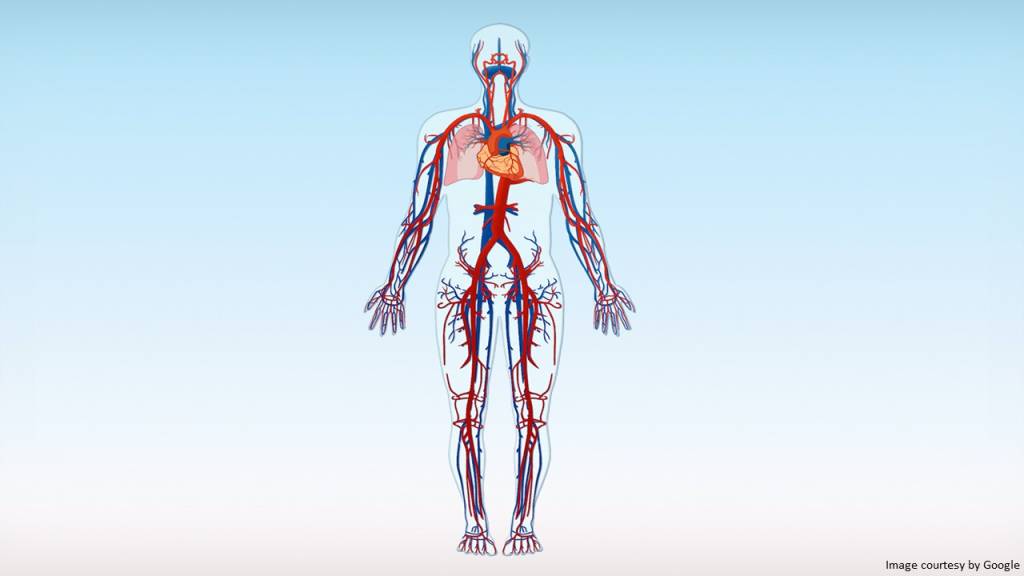
Rivaroxaban, an anticoagulant, is a medicine found in Rpigat. It actually facilitates easier blood flow through veins. This lowers the possibility of getting a blood clot.
The prescription medication Rpigat 10 mg is used for the following:
1)prevention of blood clot stroke in adult patients with atrial fibrillation who do not have issues with their heart valves. The heart beats irregularly due to atrial fibrillation. This leads to the creation of blood clots that can eventually go to the brain and cause a stroke or damage to other regions of the body.
2)treatment for blood clots in the lungs (pulmonary embolism) or legs (deep vein thrombosis).
3)Reduction of the likelihood of blood clots recurring in adults who are still susceptible to deep vein thrombosis and pulmonary embolism
4)following at least six months of blood clot treatment
5)prevention of blood clots in the lungs and legs in persons who have recently had hip or knee replacement surgery.
6)to stop blood clots in individuals who are at risk of getting blood clots after being discharged from the hospital due to an acute illness. due to the diminished or nearly lost mobility, additional hazards of blood clots, and individuals who do not have a significant bleeding risk.

Rpigat is also prescribed with low-dose aspirin for:
1)lowering in individuals with coronary artery disease (a medical condition where the blood flow is decreased or blocked totally) the risk of major heart issues, stroke, and heart attack.
2)lowering the chance of a rapid decrease in blood flow to the legs, cardiac problems, or stroke in adult patients with peripheral artery disease, a dangerous condition in which there is a decrease in blood flow. This includes adult patients who have just had surgery to increase blood flow to the legs.
Rpigat is given to children:
In order to treat blood clots and lower the chance that they may recur in children under the age of eighteen, following at least five days of treatment with:
- Injectable drugs are prescribed for blood clots.
- For preventing blood clots in children two years older with congenital heart disease after a certain procedure.
Rpigat is often taken once or twice a day. Take the medication as soon as you finish a meal or snack. To ensure your body absorbs the entire dose, take it with food. The pill forms for Rpigat are 2.5 mg, 5 mg, 10 mg, and 20 mg. The dosage is usually determined by the intended use. the typical adult dosage. Adults with atrial fibrillation typically take 20 mg of the medication daily; however, if you have kidney issues or are at high risk of bleeding, your doctor may recommend a lower dosage.
Twenty milligrams per day is the standard dosage for pulmonary embolism and deep vein thrombosis. If you have a kidney disease and are at high risk of bleeding, you can be prescribed to take a dose of 15 mg daily during the first few weeks of taking this blood thinner. A lesser dose can be recommended by your healthcare provider.
The standard dosage is 5 mg daily for unstable angina or following a heart attack, and 10 mg daily following hip or knee replacement surgery.
Rpigat may need to be taken twice daily for the first few weeks if it is being used to treat blood in the veins of the legs or lungs. The medication must be swallowed with a glass of water. If the tablet is difficult for you to take, you can shatter it and combine it with apple sauce or water. After swallowing this concoction, immediately start eating.
It will depend on your reason for taking rivaroxaban as to whether you need to take it for a short or lengthy time. Following a knee or hip replacement, you will likely be instructed to take the medication for a period of two to five weeks. If you have blood clots in your legs or lungs, you will often need to take Rivaroxaban for a minimum of three months.
Summary
Rpigat, a 10 mg tablet, is used to treat and manage venous thromboembolism, a condition in which a blood clot forms in a vein. It is also approved as an additional medication for the secondary prevention of acute coronary syndrome, a term that refers to a number of conditions associated with sudden, reduced blood circulation to the heart, and peripheral arterial disease, a condition in which blood flow to the arms and legs is reduced. Patients undergoing orthopedic surgery are treated with Rpigat as a postoperative thromboprophylaxis to prevent stroke in patients with non-valvular atrial fibrillation. Use it as directed by the physician for the greatest outcomes.
Also Read: Dosage, Advantages, and Side Effects of Tiromel 25 mg




